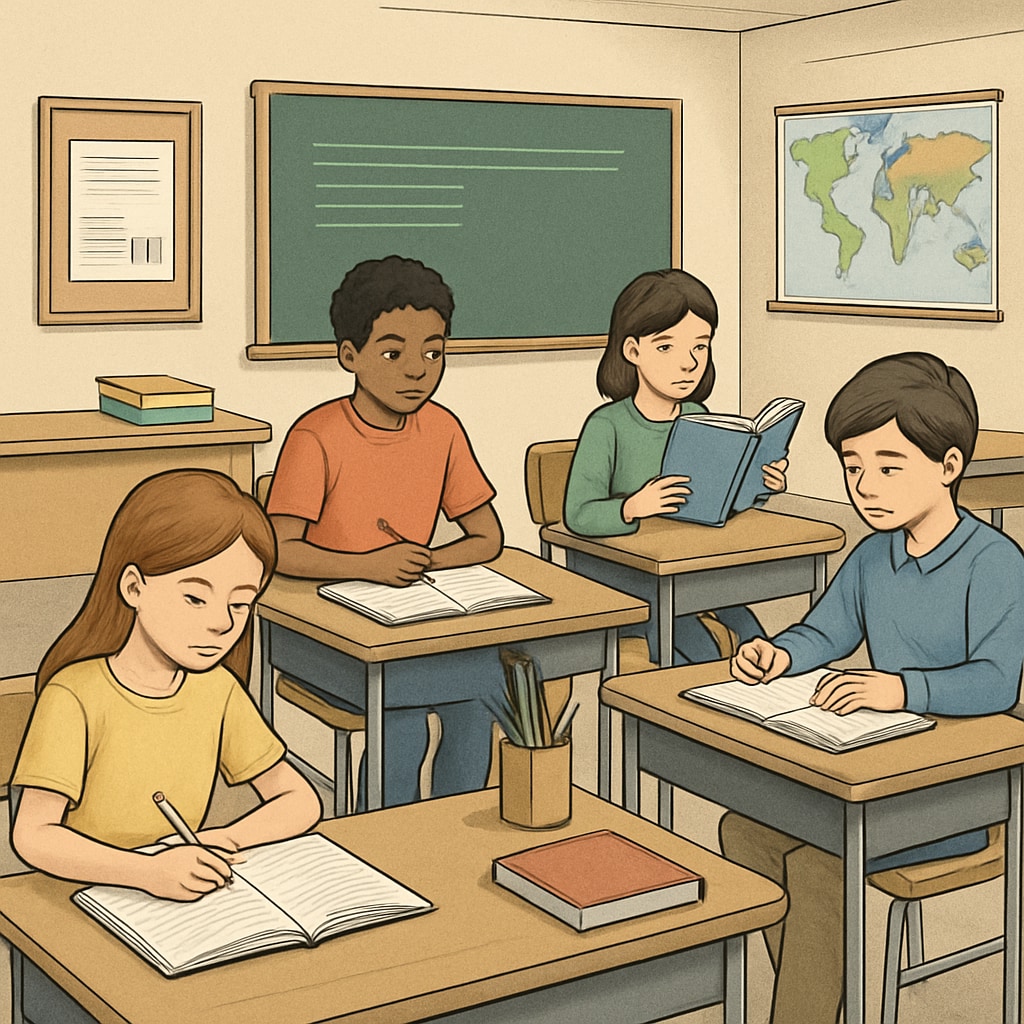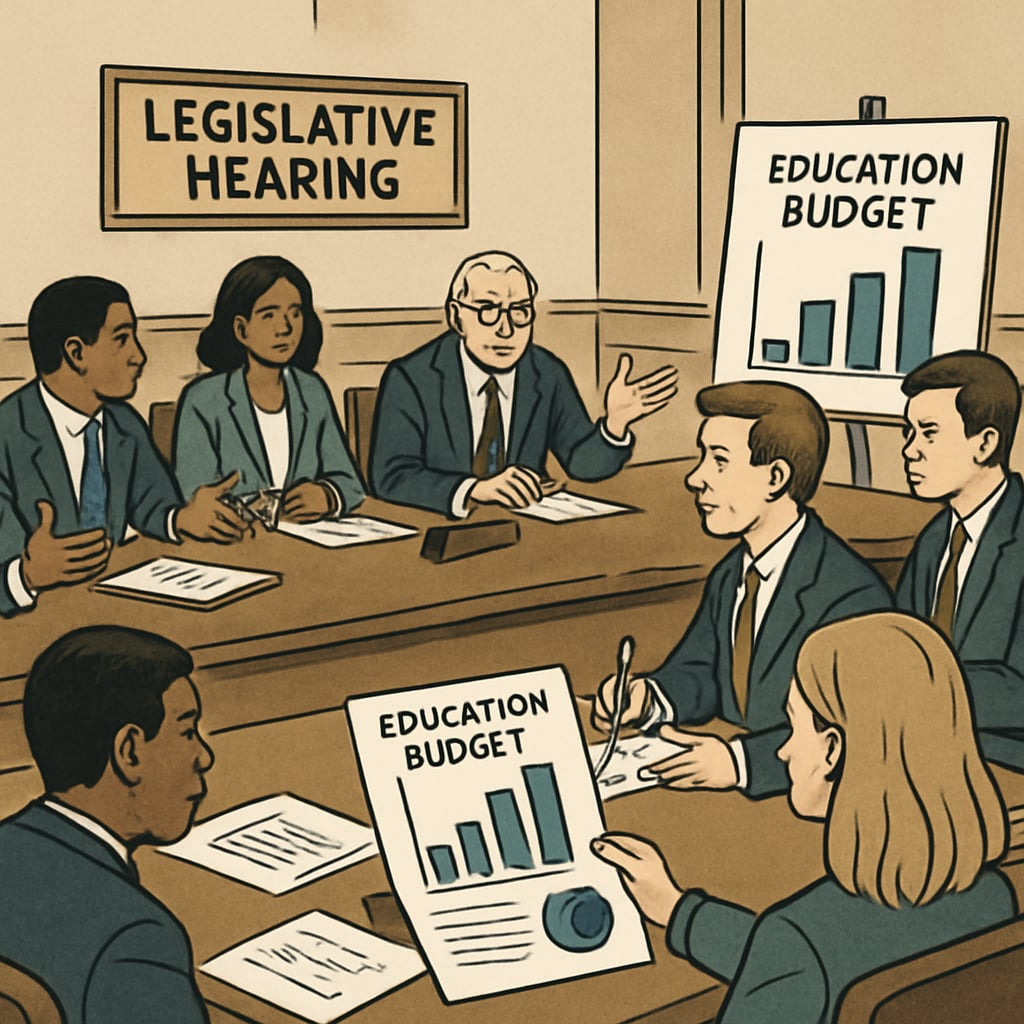Organizations like Stand For Children have long claimed to champion educational reform. However, their influence on legislation often redirects public education funds, raising concerns about privatization. This shift has profound consequences, including resource depletion, school closures, and teacher layoffs. Protecting the integrity of K-12 public education is becoming increasingly critical as these legislative maneuvers reshape the landscape of American education.

Understanding the Role of Stand For Children
Stand For Children, a prominent advocacy group, initially emerged with a commitment to improving children’s education. They gained widespread support by promoting policies aimed at enhancing school systems. However, many critics argue that their initiatives prioritize privatization over genuine reform. For example, their legislative lobbying often redirects public funding toward charter schools, which are privately managed but publicly funded.
Charter schools have been widely debated for their mixed performance outcomes and lack of accountability. Redirecting funds away from traditional public schools can exacerbate inequalities, particularly in low-income and underserved communities. To understand the broader implications of such policies, we need to examine the legislative tools used to redistribute resources.

Legislative Strategies and Their Impact on Public Education
Advocacy groups like Stand For Children often utilize legislative strategies such as promoting school voucher programs, tax credits for private school tuition, and increased funding for charter schools. These measures are frequently marketed as “school choice” initiatives but may come at the expense of traditional public schools.
For example:
- School vouchers: These allow families to use public funds to enroll in private schools, reducing the available budget for public education.
- Tax credits: By incentivizing private school enrollment, tax credits further diminish public school resources.
- Charter school funding: Charter schools often receive a disproportionate share of public funds, leaving traditional schools underfunded.
As a result, public schools face severe financial strain, leading to teacher layoffs, larger class sizes, and even school closures. These outcomes disproportionately affect marginalized communities, undermining efforts to promote equitable education access.
Why Public Education Integrity Matters
Public education is a cornerstone of democracy, providing equal opportunities for all students regardless of socioeconomic status. When resources are diverted to private and charter schools, the foundational principles of public education are compromised. Reduced funding for public schools not only affects academic programs but also essential services like counseling, special education, and extracurricular activities.
Moreover, privatization often leads to reduced transparency and accountability, as privately managed schools are not always subject to the same oversight as public institutions. This lack of accountability can result in inefficiencies, mismanagement, and uneven educational outcomes.
Protecting public education requires vigilance from policymakers, educators, and community members. Advocacy efforts should focus on strengthening traditional schools and ensuring equitable funding distribution.
As a result, it is vital to question legislative measures that prioritize private interests over public welfare and to advocate for policies that uphold the integrity of K-12 education for all students.


